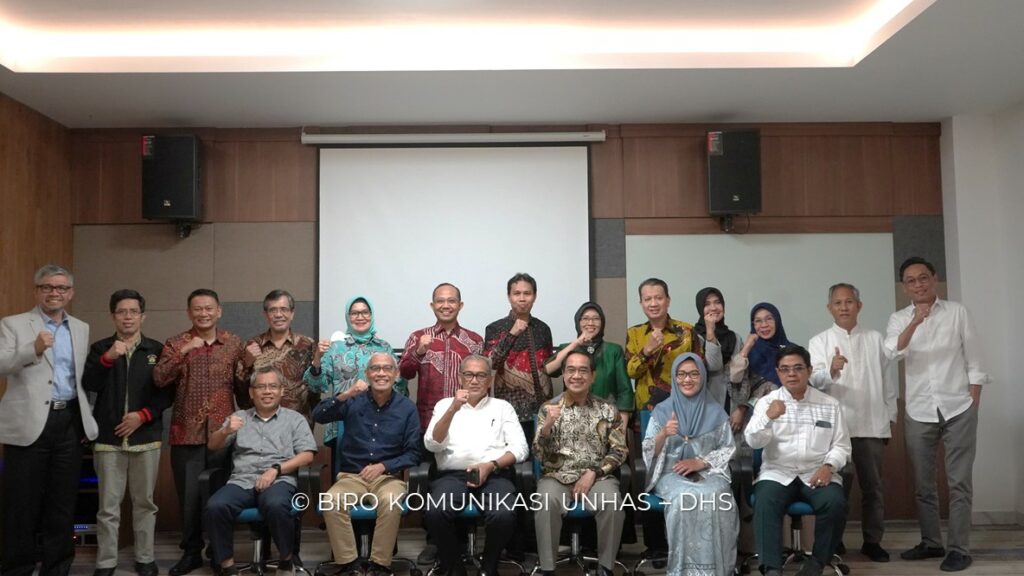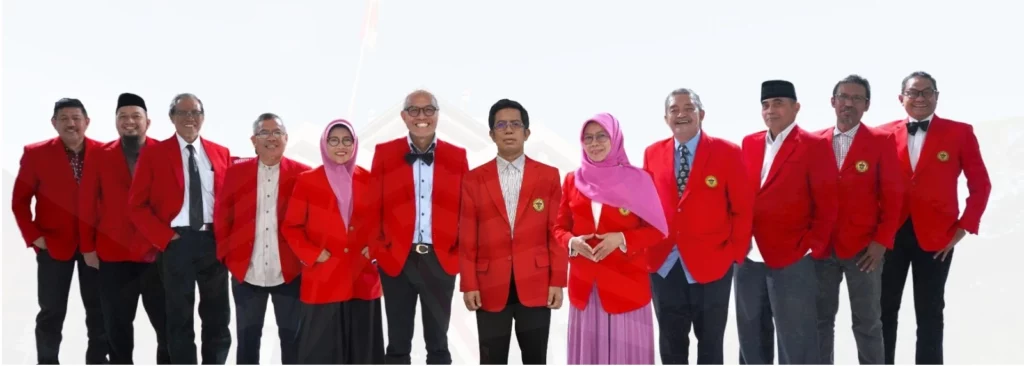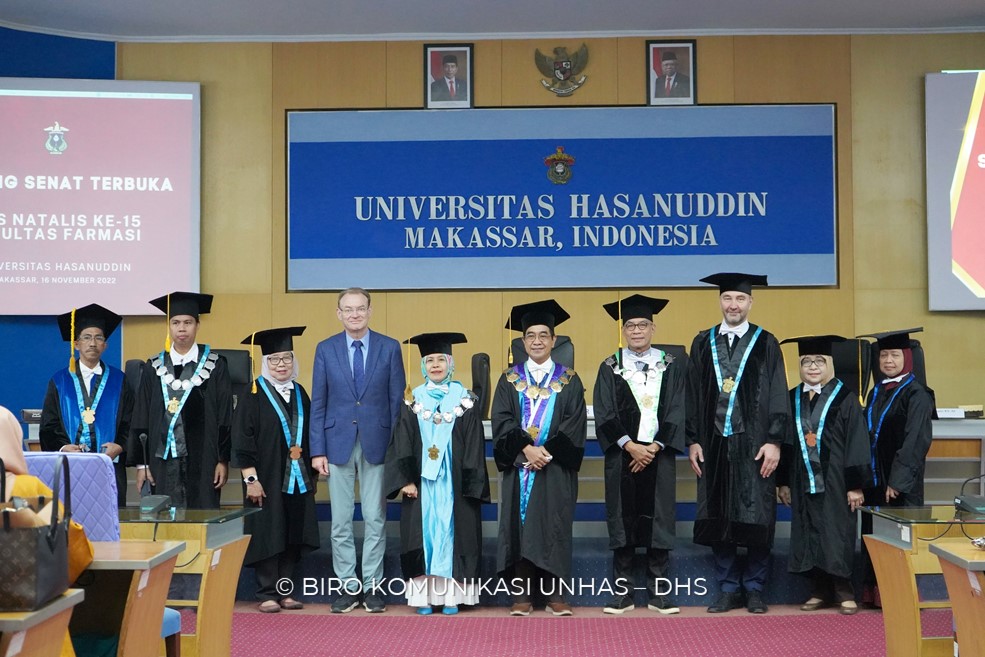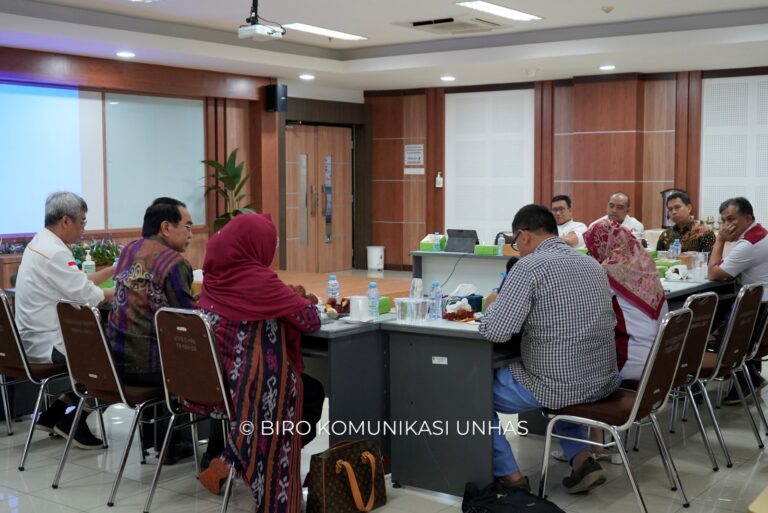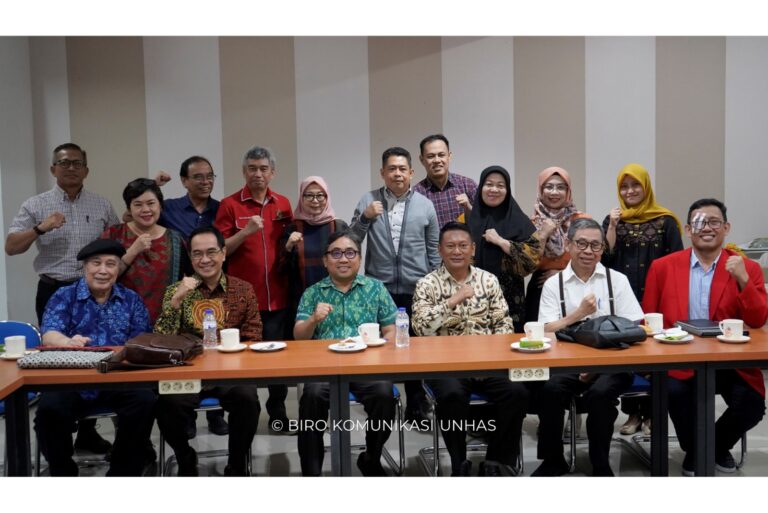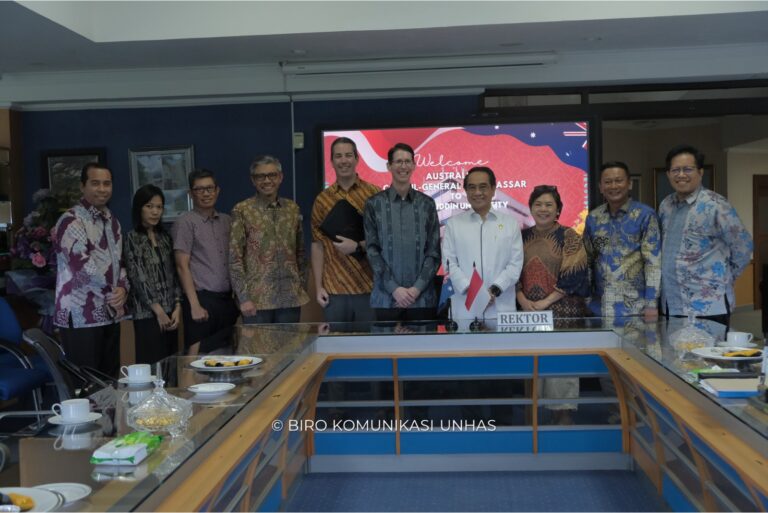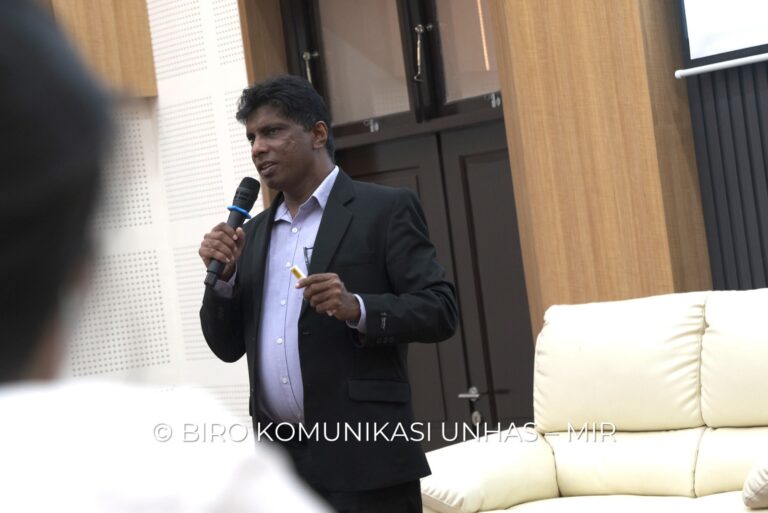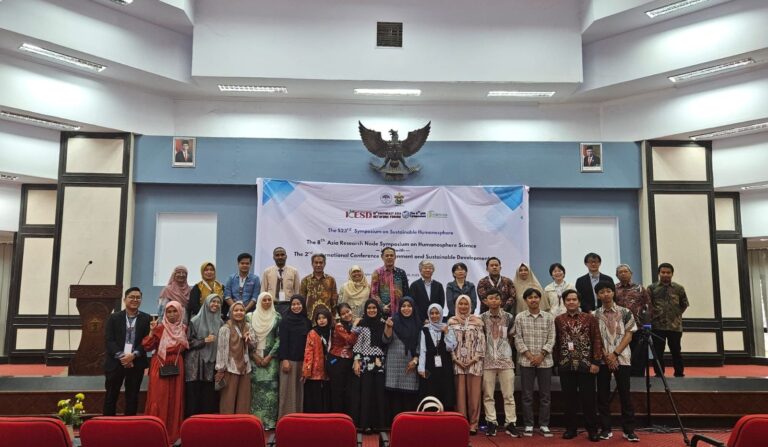The Graduate School of Universitas Hasanuddin (Unhas) held the Top Scientist Webinar Series 16 with the topic of “Sustainability of a Robust and Resilient Seaweed Aquaculture” delivered by Dr Anicia Hurtado (Integrated Services for the Development of Aquaculture and Fisheries, Philippines). The activity was conducted virtually through the zoom meeting application on Thursday (25/11).
Prof. Dr. Jamaluddin Jompa, PhD, Dean of the Graduate School, thanked the speaker who shared experiences and information about seaweed cultivation supporting sustainable Indonesian agriculture. As one of the largest seaweed producing countries, the management process in Indonesia is still limited and not optimal, so that it has not had a significant impact on the welfare of the community.
The webinar was expected to generate an understanding of the potential of seaweed that can produce various innovative and high-value products. In addition, it became a forum for providing views and ideas to optimize the use of seaweed.
The activity was officially opened by Prof. dr. Moh. Nasrum Massi, Ph.D., the Vice-Rector for Research, Innovation, and Partnerships at Unhas. He said that Unhas, in general, has given full support to activities that specifically discussed the potential of seaweed. This commodity has great potential to boost the welfare of the community through various innovations.
“As one of the largest seaweed-producing countries, cooperation with various parties is needed to optimize the potential of this commodity. Sustainably, what is aspired to produce food with high protein content can be realized through seaweed management, primarily supported by abundant resources,” explained Prof. Nasrum.
On that occasion, Dr. Anicia explained “Seaweed Nurseries Towards a Sustainable Farming of Eucheumatoids”. She said that Indonesia has an excellent opportunity to develop a seaweed industry with global competitiveness in terms of quantity, type and quality, considering that Indonesia is one of the two largest seaweed-producing countries in Southeast Asia.
Seaweed can support food security and can even contribute to world food. The need for seaweed as an alternative protein source is very potential to be developed. Mass seaweed cultivation is also able to support climate change mitigation.
“Each type of seaweed receives a different treatment. The adaptation and mitigation process of climate change impacts needs to be considered, for example, carrying out selective recovery efforts to disease control. These physiognomic intervention strategies have direct parallels with land-based agronomic practices, such as seed treatment, productive cultivars breeding and selection, hybrid plants production, and plant protection,” explained Dr. Anicia.
Seaweed production in Indonesia has shown a significant increase from around 223 thousand tons in 2002 to 4.54 million tons in 2011. Efforts to increase productivity are continuously carried out through the identification of potential development areas in each location. The development of seaweed cultivation areas can be influenced by the biophysical environmental conditions of the waters and climatic conditions.
After presenting his views, the activity then continued with a discussion and question and answer session. The activity was guided by Dr. Abigail Moore (Unhas Postgraduate School) as the moderator and went smoothly with approximately 100 participants.
Kumara Tungga Dewa, S.S.
Editor: Ishaq Rahman, AMIPR

